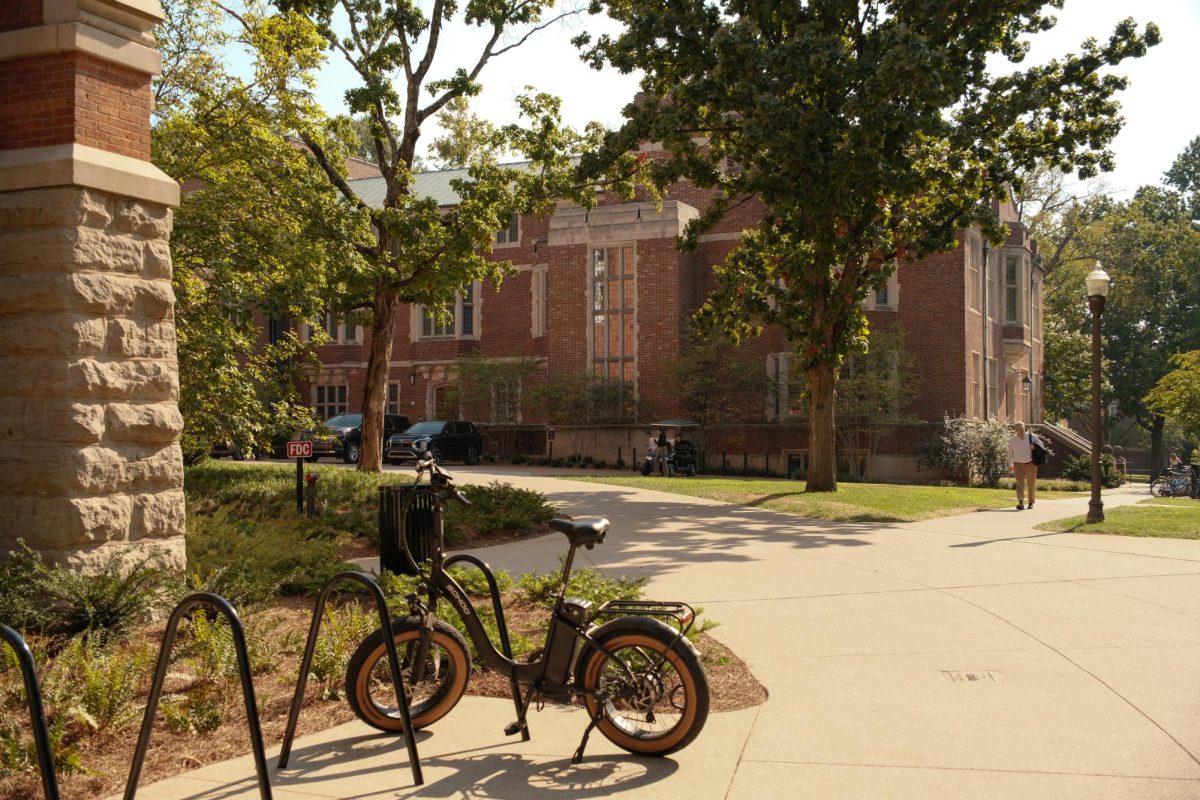Junior Danny Zhu and his startup team of students at the University of British Columbia and Vanderbilt launched Kaboo — an app that offers discounts at local stores exclusively for college students — on Sept. 26. Named after a Japanese budgeting method known as kakeibo, Kaboo aims to allow college students to save while boosting revenue for local businesses in their college town, according to Zhu. The team is piloting Kaboo in Nashville, Tennessee, allowing Vanderbilt students to download and use the app.
After completing a verification process, students will automatically receive five coupons to be used at any of the locations listed in the app. Students also have the option to earn an additional three coupons by referring a friend. To use any of the discounts, students show their Kaboo coupon in-store when making a purchase. The app also has a feature that notifies students about new deals based on a student’s spending habits.
Zhu said his primary intention in creating the app was to help college students save money.
“We want to make it so that whether you’re buying things in person or online with the app, you’re going to get discounts,” Zhu said. “Wherever you’re spending money, we’re able to help you save — that’s our end goal.”
Per Zhu, Kaboo has amassed hundreds of users since its launch. Kaboo currently services only Vanderbilt students and partners with restaurants such as Grain and Berry, Dumpling House and Roma Pizza & Pasta. Retail stores, including Wilder Hillsboro and GNC, are also included on the app. Kaboo offers a variety of discounts, from 10% off all products at I Love Sushi or 35% off a large 2-Topping Pizza at Roma Pizza & Pasta.
Junior Owen Barnert said he has used the app since late September when it launched.
“There was a poster on my door in Rothschild, so that prompted me to get it,” Barnert said.
Sophomore Enya Bullard said she first heard of the app in a similar way and was interested in the discounts offered on the flier. Bullard said she primarily uses the app at I Love Sushi and Roma Pizza & Pasta.
“The design [of the app] is really straightforward and simple. It’s easy to navigate,” Bullard said. “I like how you can look at the menu of the partnered restaurants that they have.”
Zhu said Kaboo is different from its main competitor, Groupon, due to its exclusive deals for college students. Additionally, Kaboo follows a coupon model where users redeem discounts in-store before purchase, whereas Groupon requires users to purchase a given product to receive the discount.
According to Zhu, the journey to create Kaboo began with a different initial concept than the resulting app.
“The entire idea of the startup in the beginning was a way for people to use machine learning to analyze their own spending habits and then to find ways to save money in a very intimate [way] that a personal financial advisor wouldn’t be able to offer you,” Zhu said.
However, Zhu encountered several challenges with this first iteration of Kaboo. Due to the sensitive nature of the financial information users need to provide the app, Zhu and his team had to encrypt the app — a complicated and lengthy process.
“People themselves are very hesitant to give access to an unknown company all their bank information and bank statements,” Zhu said.
These hurdles led the startup team to pivot to a web extension model, before finally turning to their current model. Zhu said his team welcomes suggestions from Kaboo’s users as they are early in the development process.
“We’re a startup by college students for college students,” Zhu said. “Feedback is really important to us and so if there’s anything wrong with the app or if there are any improvements that people can see, I would love for people to tell us.”










